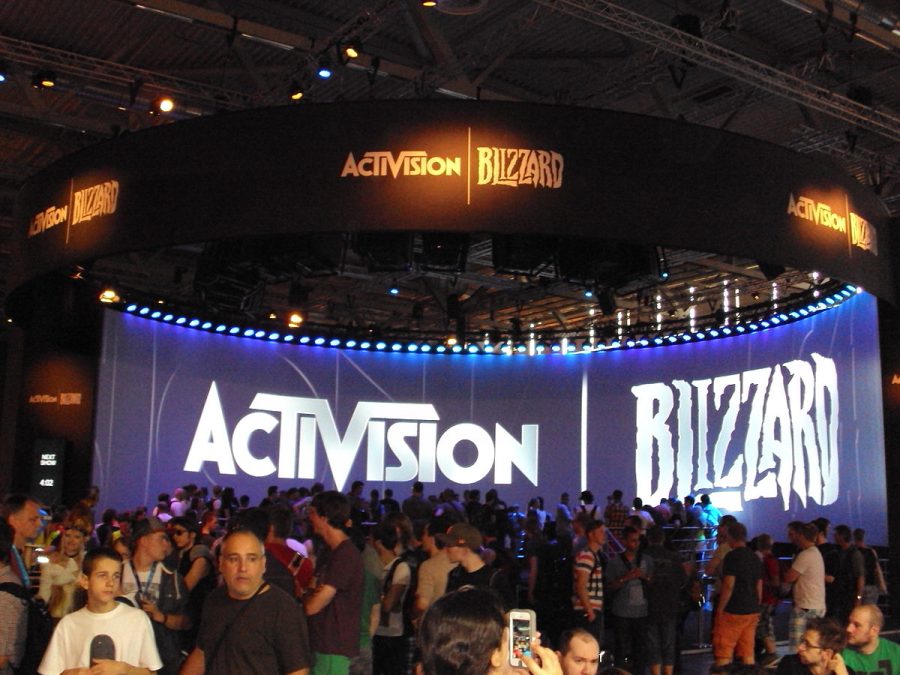Microsoft has recently acquired Activision for $68 billion to gain an expansive game library containing popular games like Call of Duty, Crash Bandicoot and Overwatch. Although this lineup of games has been widely well-regarded, a lot of the gaming industry has become apprehensive due to the influence of the games’ popularity on this decision.
The history of the video game industry is quite revealing of its variety in independent studios. In recent years, though, these studios have faded away as mergers and acquisitions have swallowed them up due to its monopolizing benefits. These companies are acquired to thwart future competition and ensure the giants of the market stay on top.
Junior ESports Club President Jackson Brandstetter shared his perspective on the potential setbacks that acquiring a company can bring. “Activision has a great library but it’s always been very narrow-minded, they are required to release what seems [like] a Call of Duty game every year, whether it’s bad or good. With Microsoft buying the company doesn’t really incentivize Activision to do any better,” he said.
This idea of product popularity influencing a company’s image spreads to other industries as well. Wordle, a modern crossword for younger generations, has exploded over its simple game design while also being a topic of discussion among students.
Senior Mukul Kulkarni shared his insight on whether Wordle’s popularity will hold up in the coming months. “I think Wordle will die out like any other social media fad. It’s trendy right now because it is relatively new, but like any other trend, it will become repetitive and people will stop paying attention to it,” he said.
Just like Activision’s acquisition, Wordle’s acquisition by the New York Times demonstrates the influence of popularity. These companies are not bought on the promise of future products but, rather, the brand they have acquired on their own. So when larger corporations eventually do find these smaller companies, their vision of integrating them within their corporation does not lead to the same product they hoped, leading to, unsurprisingly, empty promises.
For consumers, this can be detrimental to the high level of satisfaction they expect from these acquired companies. Brandstetter shared his expectations from the industry and what he feels is missing. “[B]ig companies such as Microsoft and Sony buying out game companies I believe hurts the industry…having big conglomerates kills what really made gaming so awesome in the first place…having more of an individual feel and touch,” he said.
While monopolization has started to grow, individual companies have started to become more aware of the pressing issue they face. Opposition against corporate giants such as the New York Times and Activision even seem futile at best, leaving these self-reliant companies to succumb to the pressure or die out.










Vince • Feb 14, 2022 at 10:13 pm
This is a pretty big deal in the video game making industry. Acquiring all these games could influence the games in a positive way, or a negative way too.
Ryan Saddler • Feb 9, 2022 at 1:27 pm
I enjoyed this article; I didn’t realize this much went into making video games for people. I do find it interesting, though, that Activision just sold their company to Microsoft like that. I was disappointed when I heard the news; I hope their games don’t worsen.